Sakola Wanno in Conserving the Nature and Culture of Sumba Island
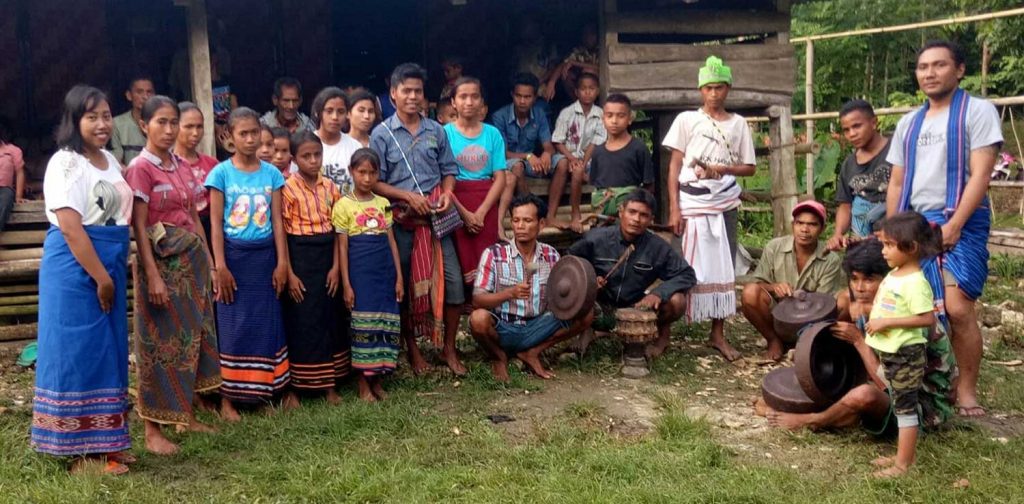
Indonesia is rich in nature and culture. The children of Sakola Wanno wish to protect and conserve both of those resources. How? Green Network conducted a phone call interview on Monday (10/11) with Kristopel Bili, a forest ranger and the founder of Sakola Wanno in Taga Righu District, East Nusa Tenggara.
What does ‘Sakola Wanno’ mean?
It is in our local language, Sumbese. ‘Sakola’ means school, a place to learn. ‘Wanno’ means village, used here to give off a more rural impression. A village in a Sumbese perception is a group of traditional houses in one location, usually on top of a hill.
The word ‘wanno’ is often used in mockery by city folks as if calling something ‘plebian’ or ‘too country’. So, the name Sakola Wanno was deliberately chosen to raise the dignity of the ‘wanno’ that is deemed too country.
What sparked you to create Sakola Wanno?
When I was at the funeral of Hendrik Pali, a tribal figure from East Sumba, there was a banner with words that touched my heart. Those were the words of Hendrik Pali, “jangan biarkan anak-anak tercabut dari akar budayanya.” Do not let our children be ripped off their cultural roots.
It was amazing. Those words affected me so much. As a literary person, I believe in the power of words. Hendrik Pali’s message pushed me to move and create Sakola Wanno in 2017. I started realizing the reality of just how uprooted we have become from our culture and custom. Sorry to say, but the development of Sumbese city isn’t as fast as the big cities. Weirdly though, we have strayed away from our culture almost just as much as them. This is concerning.
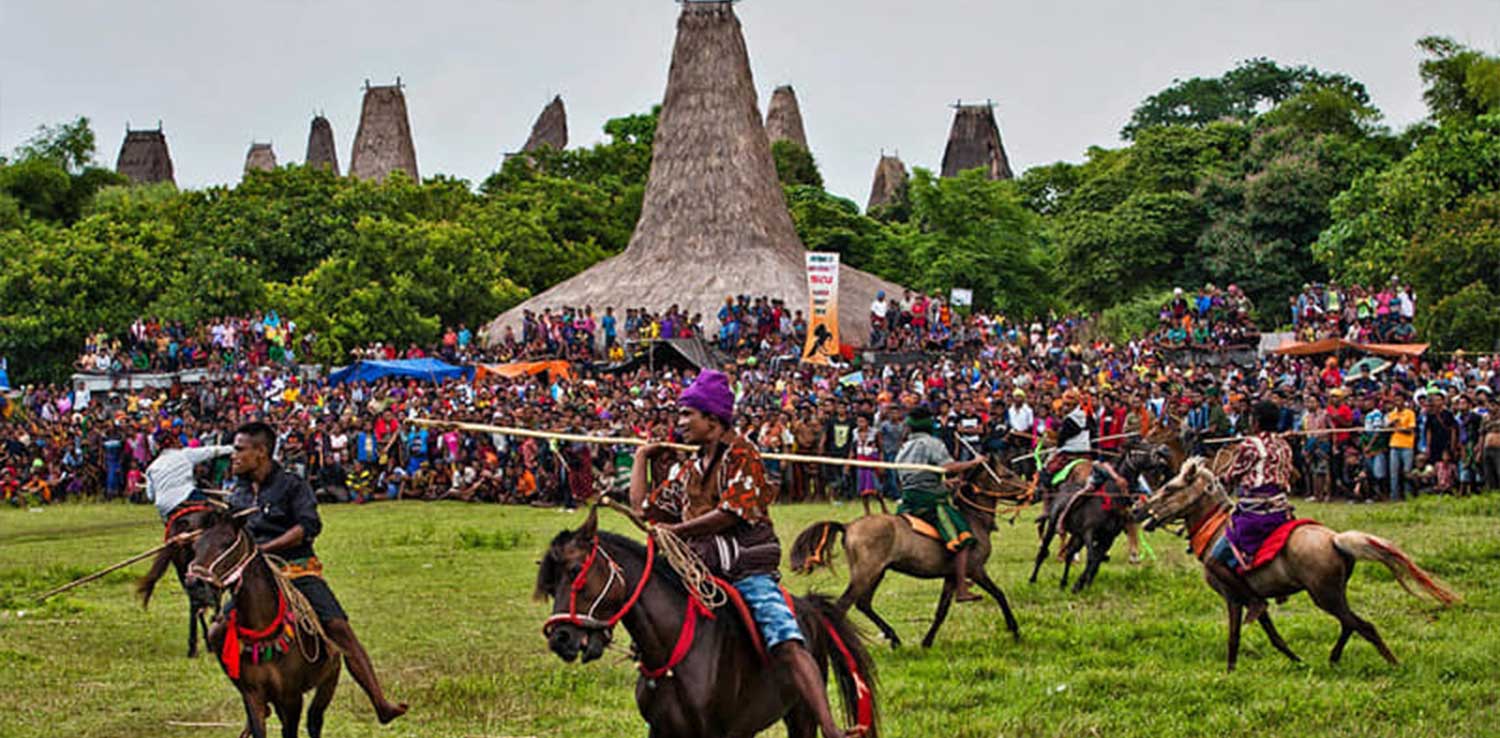
What are the examples of people straying away from their culture?
The people of Sumba have Marapu. Marapu is our custom and cultural value, belief, and philosophy. Marapu culture highly values nature, and tightly guards social rights. If the people of Sumba were still firm in their Marapu philosophy, surely illegal logging and corruption would not exist. That’s not the reality. That’s an example enough.
What activities are there at Sakola Wanno?
For starters, we have simple activities for literacy like learning to read and write. There are also other things like entrepreneurship training and tree planting. I bridge others who don’t have livable houses yet to get them into housing programs. We also do poetry here, literature. Besides Sakola Wanno, I also founded a performing art and culture group for Sumbese culture, Seni Sastra Budaya Sumba (SBSS).
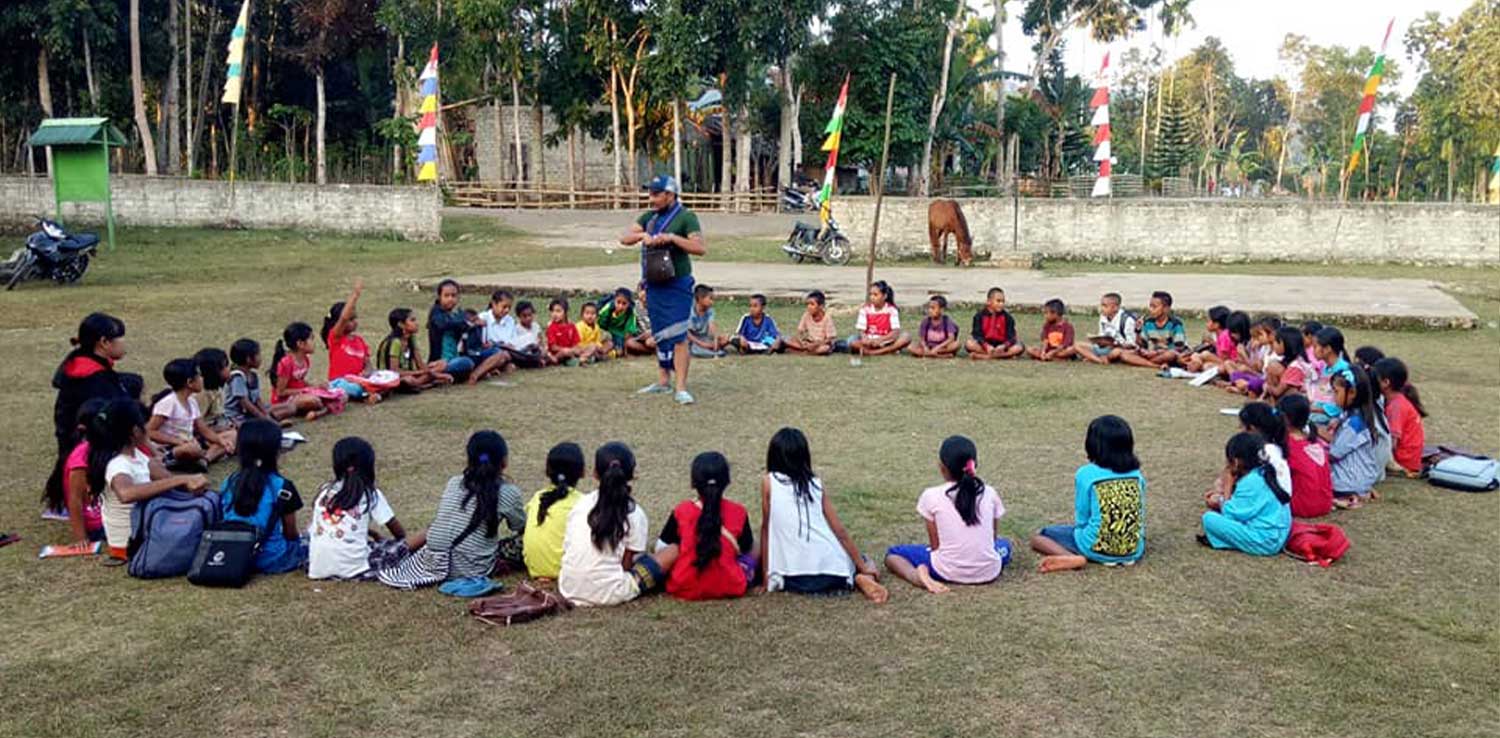
How did a forest ranger find literature?
In 2000, I began studying at the Faculty of Forestry, Yogyakarta Institute of Agriculture. I graduated in 2009, went home, and got officially appointed as a forest ranger in 2011. The exciting story of how I met literature happened before I went back to my hometown.
I received a message from Umbu Landu Paranggi, an artist and litterateur from Sumba with the nickname of ‘Presiden Malioboro’. I didn’t meet him directly, but he left a message for me through his kid. I still have no idea how he knew about me. The message said,
“Send me the creations of my children. Form a small community of literature and turn Sumba into poetry. Do not look for me; I will come to you in an endless longing.”
At the time, I did not understand a thing. I had never made a poem or any literature work. However, he convinced me that literature is about loyalty. He said that I fulfilled that requirement. Since then, I started writing poetry and have been active in the literature world to this day. I opened SBSS. I even consider Sakola Wanno as a form of poetry.
Who are learning at Sakola Wanno?
At first, they were only children in the Wano Kasa area, Tana Righu district. Then I opened a branch in the city because there was interest. We have a special class and a general class.
The special class consists of children from grade 3 and under. They learn how to read, write, and count. They learn basic English, too. However, the priority is to train their mentality and confidence as village kids to perform. There is also a special class for middle school and high school kids. They learn about poetry, literature, and how to perform them. When we love literature, we get to know ourselves, our culture, and our country.
The general class is for other youths and parents. The main activity is learning about entrepreneurship, such as turning coffee and tea into products. This is important because I think education cannot be separated from the spirit of independence. Why would we teach children to dream of being this and that while letting their family’s finances crumble?
That’s why we start from this small thing. We find out how youths can explore the potential of their environment, how they can be financially independent with existing resources. This is where education matters.
How does the Sakola Wanno funding work?
Some come from my own pocket. There is also money made from selling our products for the operational fund. The operational fund includes paying our good friends who teach here, something minuscule. We give them 75,000 IDR per month as a thank you.
We also receive donations. Once there was support from a foreigner. I terminated our relationship after I found out they claimed our activities here as their products. I don’t want anything like that to happen. If anyone wants to donate or form a partnership, there must be transparency. As a part of the creative industry, we receive support from the Ministry of Labor as well.
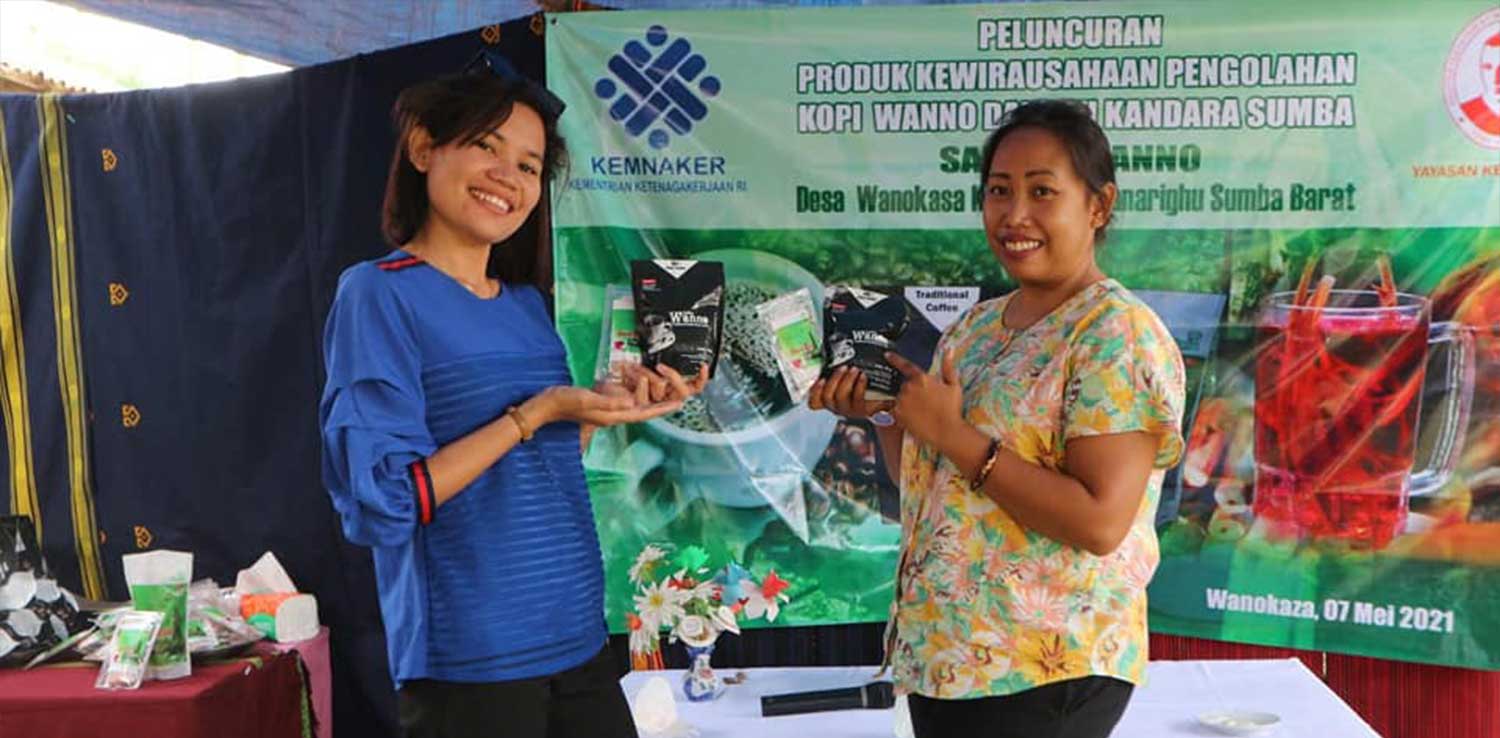
How does Sakola Wanno conserve the nature and culture there?
Every year in the rainy season, we hold a tree-planting event. Last year (2020), we planted 200-300 timber trees with the kids. We never plant many. We believe that it’s important to plant trees, even just a few. This is better than simply planting thousands of trees on paper. I studied forestry, so I know full well about things like that.
This year (2021), we’re planning to plant trees in November. We’re planning to do it in three areas with 5,000 trees each. We have many more trees this year because the local people are also involved, not just the kids. Some even have offered to provide food and drink for free.
For culture, we keep our folktales alive. We tell those folktales full of wisdom to the kids so they can learn from them. Currently, I am trying to revitalize the old custom of ‘Rotu’, a Sumbese traditional oath. ‘Rotu’ is like a traditional forum where people agree upon unwritten rules and the social penalties for rule violations. I have done this before with people from remote villages, but there was no Sakola Wanno yet at the time.
What is your message for education figures and practitioners?
We are allowed to care about education, but please do not forget the cultures of our land. We are allowed to be global, yet we must not leave our identity behind, our customs and origins. We are allowed to admire foreign figures, but please, uplift and shout out the names of the little figures from our land, too.
Follow the activities of Sakola Wanno through their social media account at Facebook.
Translator: Nazalea Kusuma
To read the original version of this article in Indonesian, click here.

Co-create positive impact for people and the planet.
Amidst today’s increasingly complex global challenges, equipping yourself, team, and communities with interdisciplinary and cross-sectoral insights on sustainability-related issues and sustainable development is no longer optional — it is a strategic necessity to stay ahead and stay relevant.
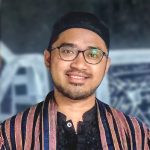
Zia Ul Haq
Zia is a Reporter at Green Network Asia. He graduated from UIN Sunan Kalijaga Yogyakarta with a bachelor's degree in Islamic Education. He is currently a Learning Companion at Qaryah Thayyibah Learning Community (KBQT).


 Risks and Opportunities of Submarine Communication Cables for Sustainable Development
Risks and Opportunities of Submarine Communication Cables for Sustainable Development  Rising Attacks and Violence Against Land and Environmental Defenders
Rising Attacks and Violence Against Land and Environmental Defenders 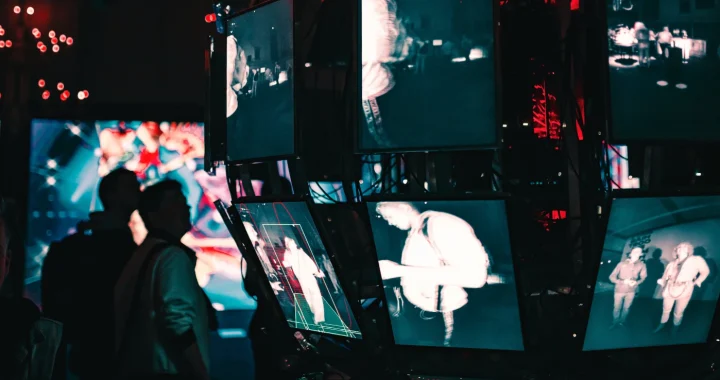 Unveiling Potential Technological Risks amid Global Crises
Unveiling Potential Technological Risks amid Global Crises 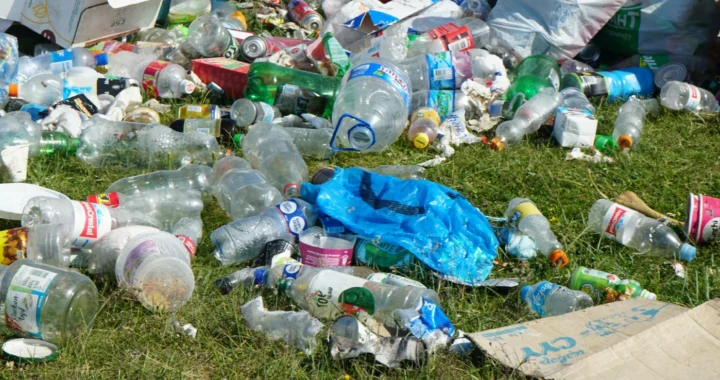 Waste-to-Methanol, a Potential Sustainable Solution for Waste and Energy
Waste-to-Methanol, a Potential Sustainable Solution for Waste and Energy 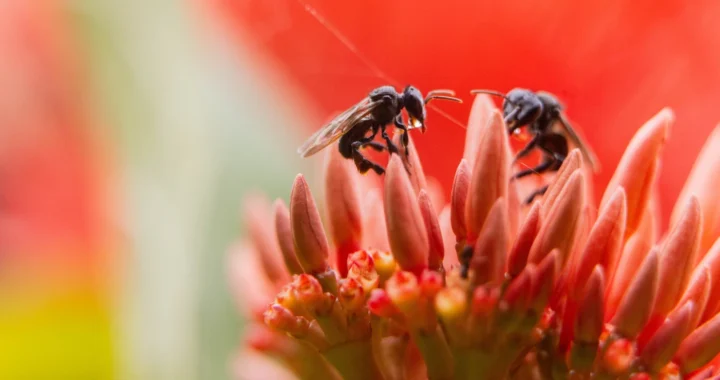 In Peru, Stingless Bees Are Granted Legal Rights
In Peru, Stingless Bees Are Granted Legal Rights 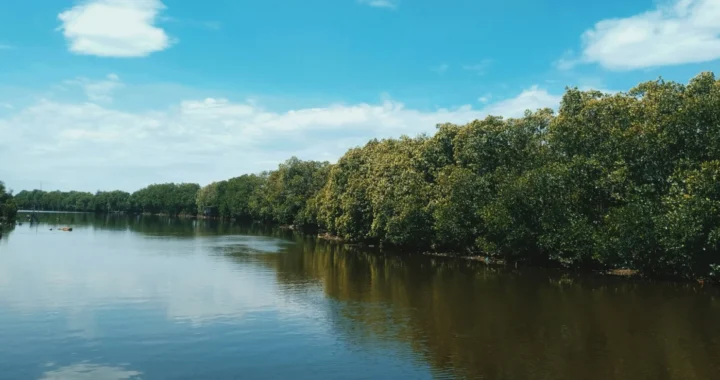 Looking into the Government Regulation on the Protection and Management of Mangrove Ecosystems in Indonesia
Looking into the Government Regulation on the Protection and Management of Mangrove Ecosystems in Indonesia